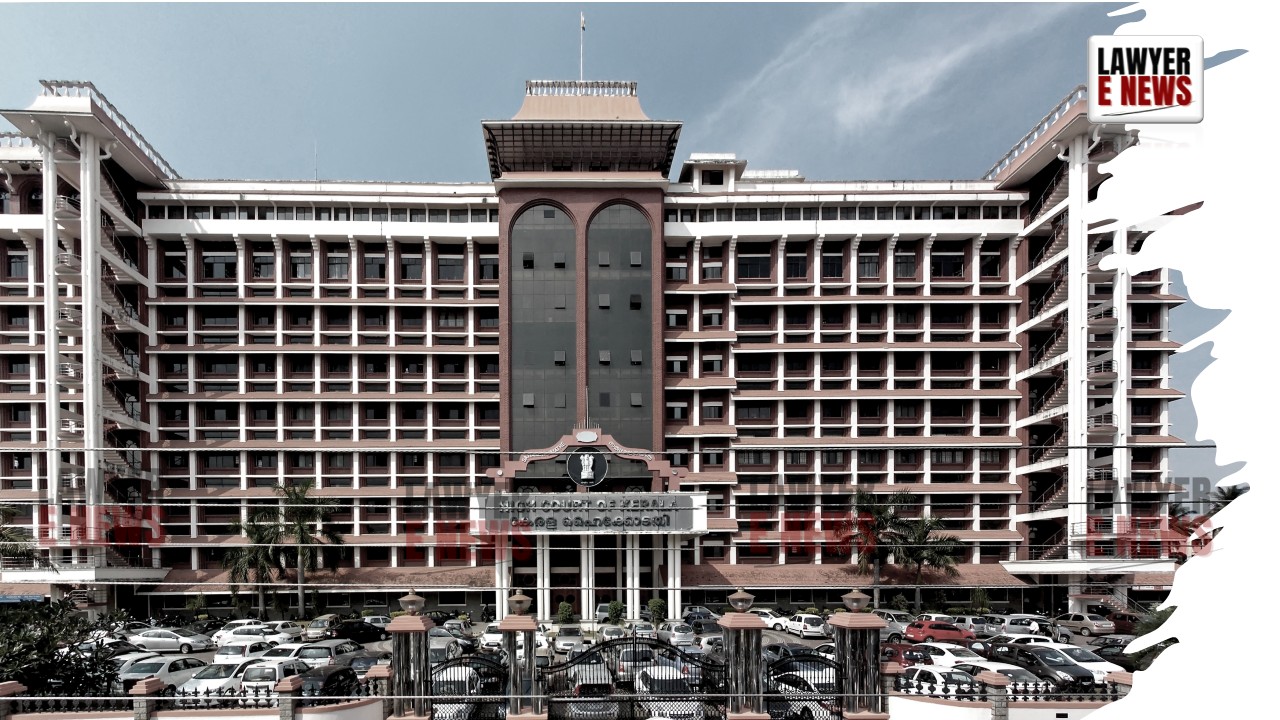-
by Admin
18 February 2026 4:37 AM



“If the injury inflicted is such that it is only likely to cause death and would not in the ordinary course of nature be sufficient to cause death, then the offence does not amount to murder.” - Kerala High Court modified a life sentence imposed under Section 302 of the Indian Penal Code (IPC) to a seven-year term under Section 304 Part II, IPC. The Division Bench comprising Justice Raja Vijayaraghavan V and Justice P.V. Balakrishnan held that although the accused shared a common intention with the co-accused to attack the victim, the injury caused was not sufficient in the ordinary course of nature to cause death. Therefore, the conviction for murder was unsustainable.
“The offence committed by the appellant is one punishable under Section 304 Part II and not Section 302 IPC.”
The case arose from a politically motivated attack that occurred on 13 May 2009 in Kannur district. The deceased, O.T. Vineesh, a CPI(M) supporter, was attacked at the Aryanbeth bus shelter by members of an alleged rival group, SDPI. The accused, including appellant N. Noufal, reached the spot on a motorcycle. The first accused, Manaf, allegedly wielded a sword and inflicted injuries while the appellant rode the vehicle and assisted in the act.
The deceased was struck behind the left knee, severing the popliteal artery. He was first taken to AKG Hospital, Kannur, and then to Baby Memorial Hospital, Kozhikode, where he succumbed to his injuries. The trial court convicted Noufal under Sections 302 and 324 of the IPC and sentenced him to life imprisonment.
The key issue was whether the injury inflicted amounted to “murder” under Section 302 IPC, or whether the facts justified a conviction for the lesser offence of “culpable homicide not amounting to murder” under Section 304 Part II IPC.
The prosecution’s case was mainly based on the testimony of PW14, the deceased's brother, who was also injured in the attack. His statement was considered reliable. The medical evidence, however, became critical in determining the nature of the offence.
The Court noted: “PW19, the forensic doctor, stated that the fatal injury was likely to cause death but not sufficient in the ordinary course of nature to cause death.”
Emphasising the distinction between culpable homicide and murder, the Court observed: “The difference between clause (b) of Section 299 and clause (3) of Section 300 IPC is one of the degree of probability of death resulting from the intended bodily injury.”
The Court referred to the precedent in Thangaiya v. State of Tamil Nadu and ruled: “If the injury inflicted is only likely to cause death and would not in the ordinary course be sufficient to cause death, the act falls under Section 304 Part II.”
Although no overt act was attributed to the appellant, the Court upheld the applicability of Section 34 IPC. It held: “The appellant shared a common intention with the first accused… Such presence and conduct at the crime scene amounts to actual participation.”
Citing Surendra Chauhan v. State of M.P., the Bench reiterated: “If common intention is proved, even without an overt act, Section 34 IPC applies.”
Altering the conviction from murder to culpable homicide not amounting to murder, the Kerala High Court ruled:
“The appellant shall stand convicted under Section 304 Part II IPC and sentenced to undergo rigorous imprisonment for seven years.”
A fine of ₹1,00,000 was also imposed, with ₹90,000 directed to be paid to PW14. The concurrent conviction under Section 324 IPC was upheld.
Date of Decision: 9 April 2025
